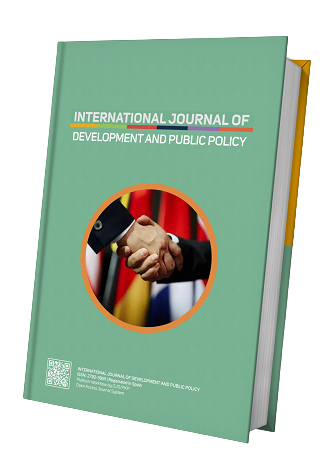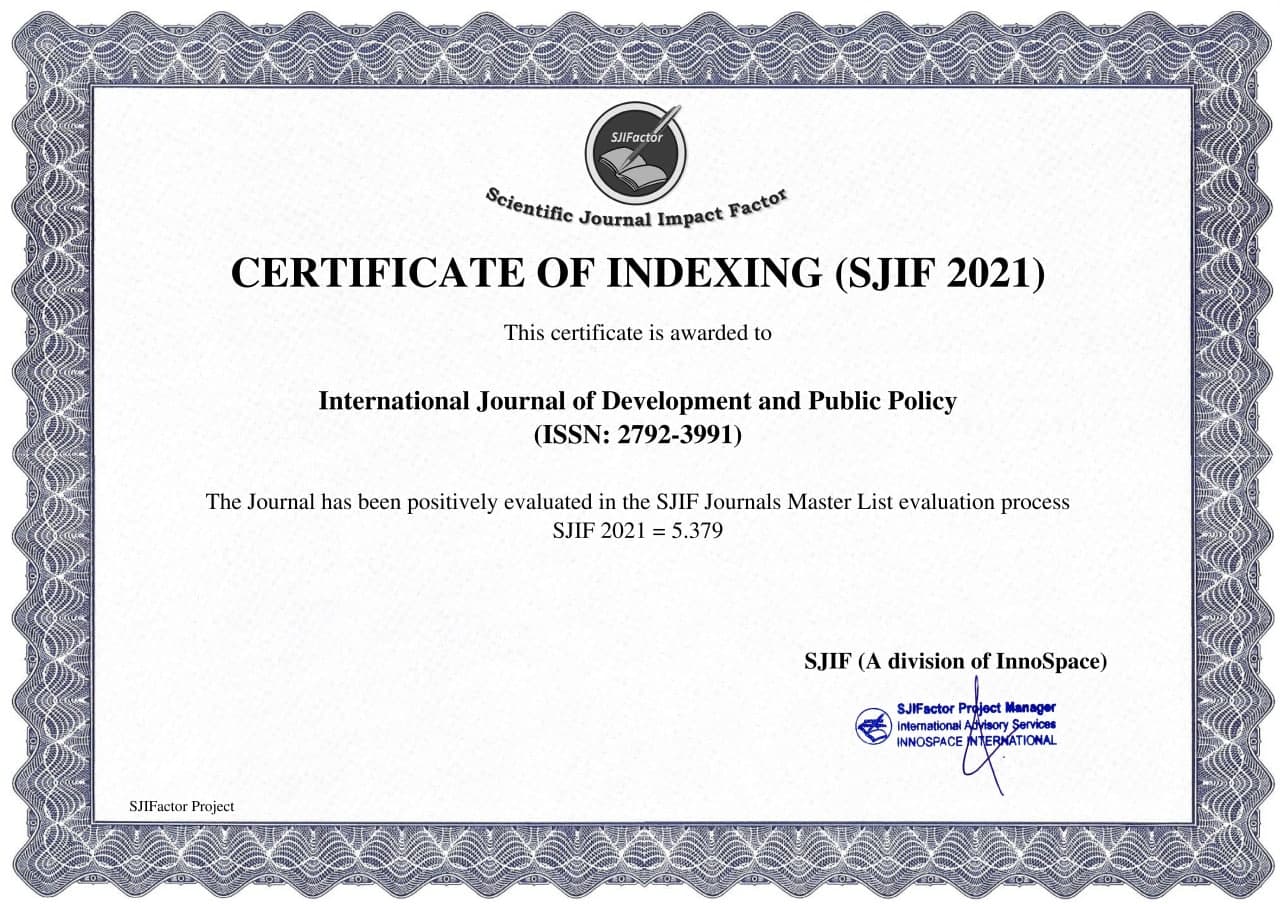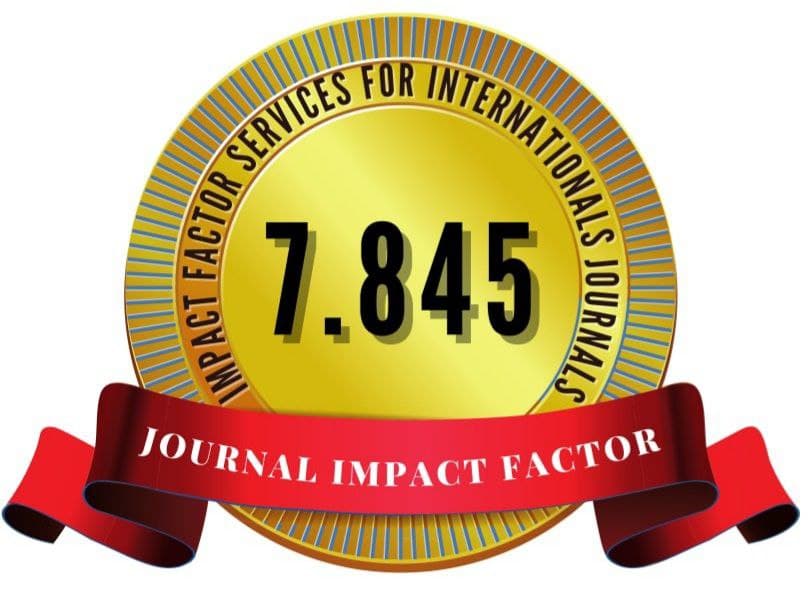The Relationship between Remittances, Brain Drains and Economic Prosperity in Nigeria, 1990-2022
Abstract
The paper examined the relationship between remittances, brain drain and economic growth in Nigeria. Migration rate, Worker’s remittances, foreign aid, and exchange rates were the variables used in the study. The paper used time series data covering a period of 33years (1990-2022). In the analysis, the paper used descriptives statistics, Johansen cointegration, and error correction model (ECM) to determine the nexus among the variables. The result indicates a negative relationship between migration rate and real GDP which is statistically insignificant. It further shows a positive relationship with workers remittances and real GDP. This indicates that workers remittances influence real GDP positively and is statistically significant. The regression coefficient of foreign aid is negative. This implies that an increase in foreign aid will bring about a decrease in real GDP and is statistically insignificant. The result further indicates a negative relationship between exchange rate and real GDP. This indicates that exchange rate negatively influences real GDP, and it signifies exchange rate is statistically insignificant. The study concluded that there is need for government to create conducive and enable environment that will attract both local and foreign investment which will enhance more lucrative jobs opportunities in the country so as to discourage brain drain in the country.






